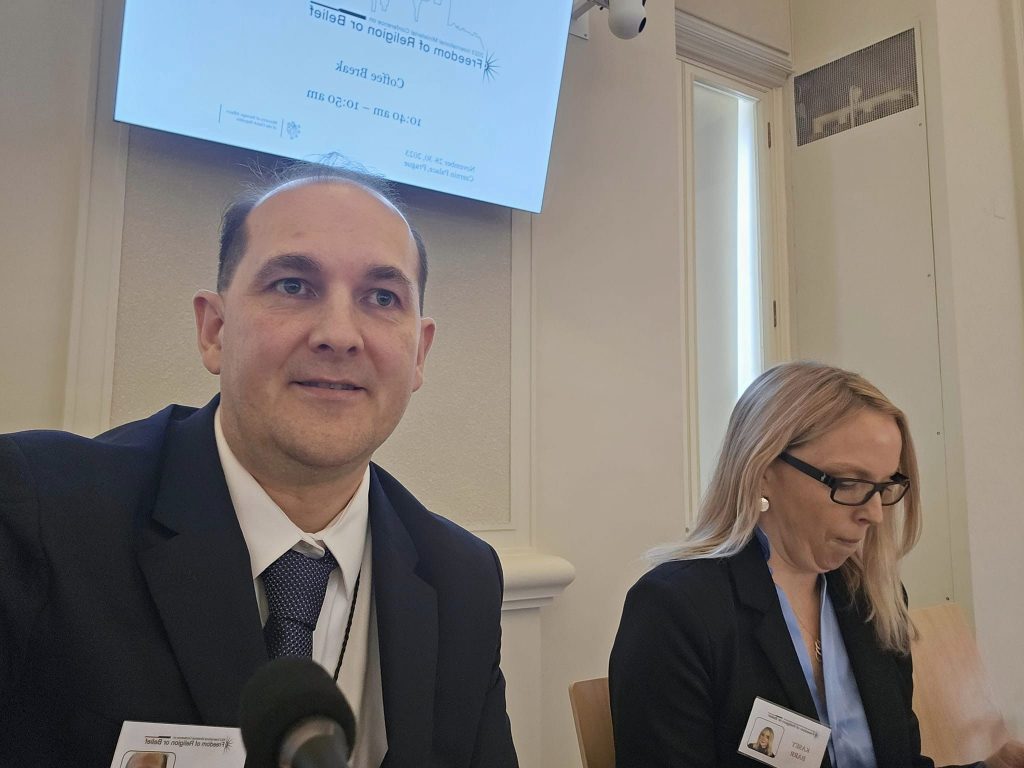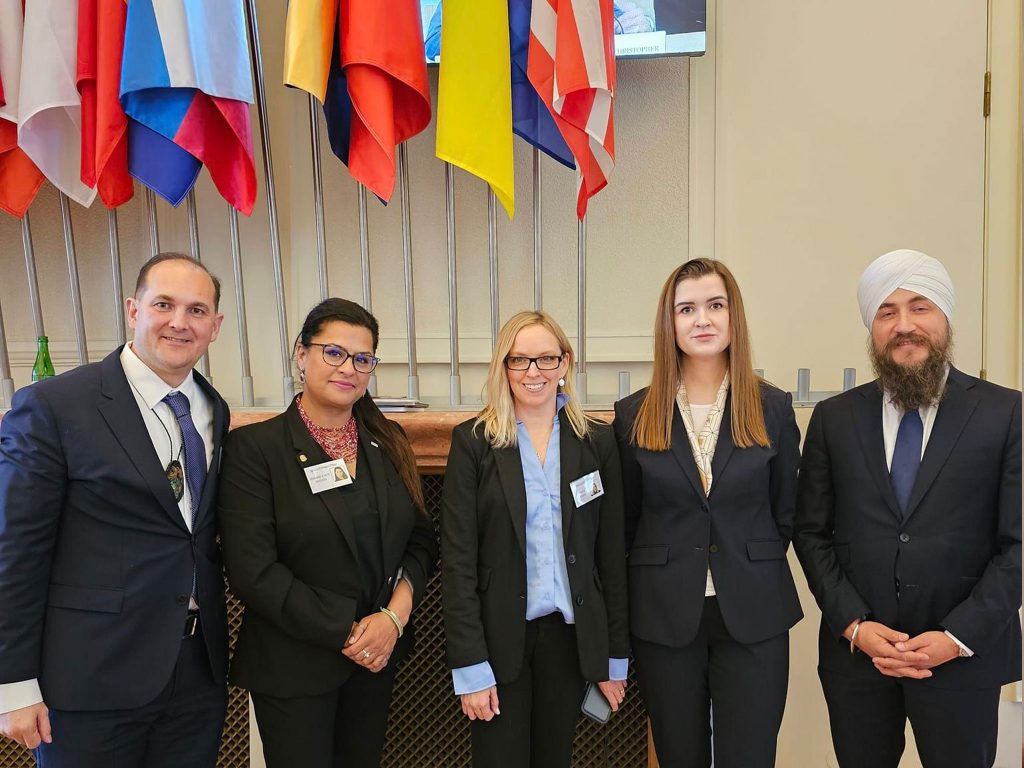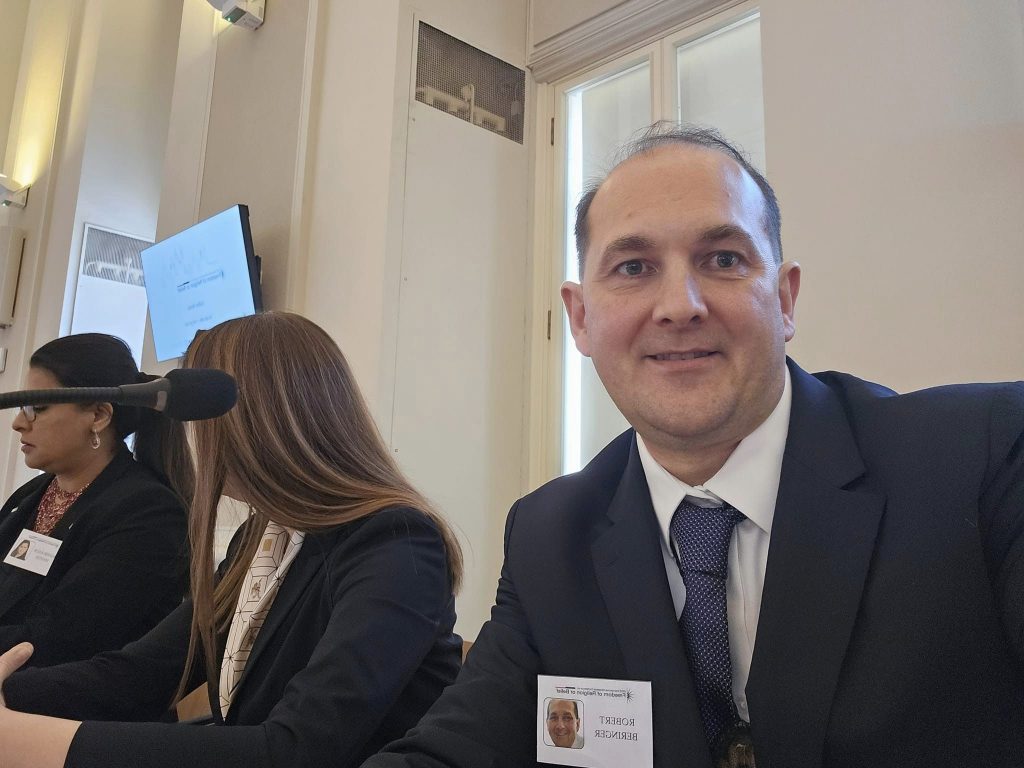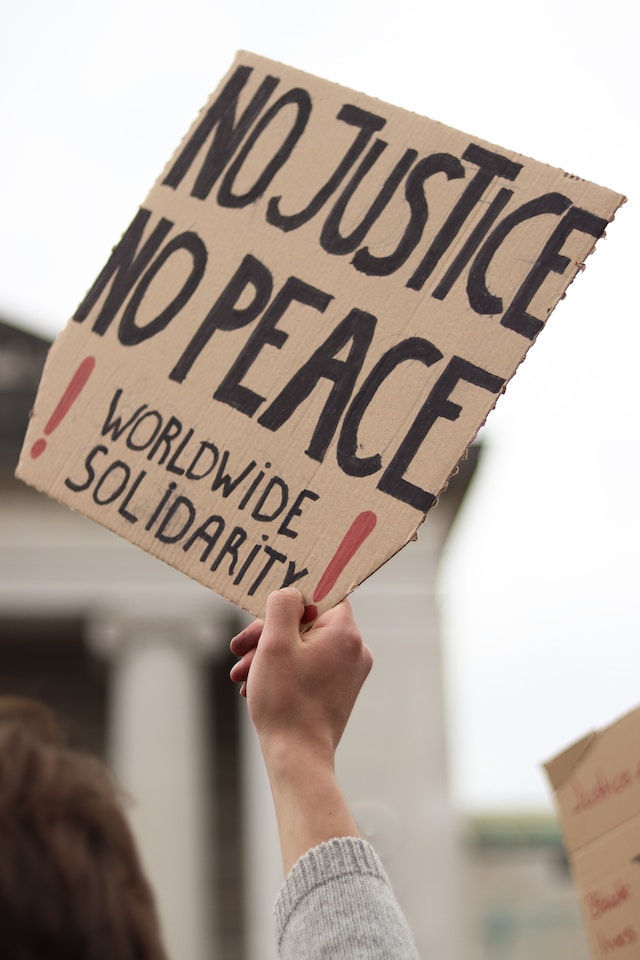
A Multinational Effort to Protect and Advance Freedom of Religion or Belief Around the World
International Religious Freedom or Belief Alliance Ministerial Conference
28.11.2023 – 30.11.2023
Prague, Czech Republic
Technology and Corporations: How Social Media Platforms and Artificial Intelligence Can Protect FoRB
This session will focus on social media, artificial intelligence, and corporate responsibility for the protection of FoRB. It will review considerations and strategies for technology firms’ duties, abilities, and incentives to protect FoRB in theocratic, communist, and even democratic environments. It will explore the use of social media platforms and AI for FoRB suppression and encourage governments and companies to work cooperatively and constructively to respect human dignity and protect liberty of conscience for everyone.
Chair:
Simran Stuelpnagel, Vice Chair, IRF Secretariat
Speakers:
Harbir Bhatia, CEO, Silicon Valley Central Chamber of Commerce
Robert Beringer, Founder & CEO, EOR – Electronic On Ramp
Kasey Barr, Ph.D., Fellow at the Program for Democratic Resilience and Development (PDRD), Reichman University
Egle Markeviciute, Public Affairs Specialist and the Head of Digital & Innovation Policy, Lithuania




Member countries collaborate to advocate for the right to freedom of religion or belief, share best practices, and coordinate efforts to protect individuals from religiously motivated violence and discrimination.
EOR offers comprehensive services to support countries, organizations, and individuals in safeguarding and promoting religious freedom globally. Our team, comprised of experts in international relations, human rights, and religious studies, collaborates with governments, NGOs, and other entities to assess the status of religious freedom, analyze existing policies, and develop strategies for improvement.
EOR provide tailored consultations, drawing on a wealth of information from various sources, including government officials, religious groups, and human rights monitors. Our goal is to contribute to the enhancement of religious freedom worldwide by offering insightful guidance, fostering dialogue, and facilitating initiatives that promote tolerance and respect for diverse religious beliefs. Through our consulting services, we strive to create a world where individuals can practice their faith freely and peacefully coexist, fostering a global environment that values and protects religious diversity.


These rights are inherent to all human beings and are often considered universal, inalienable, and indivisible. The EOR enshrined in various international documents and treaties, such as the Universal Declaration of Human Rights (UDHR), which was adopted by the United Nations General Assembly in 1948.
EOR support human rights that include civil and political rights, such as the right to life, freedom of speech, and the right to a fair trial, as well as economic, social, and cultural rights, like the right to education, health, and work. Additionally, human rights encompass the principles of non-discrimination, equality, and the prohibition of torture and slavery.
EOR promoting and protecting human rights is also a shared responsibility of governments, international organizations, civil society, and individuals. Human rights advocacy aims to create a world where the inherent dignity and worth of every person are respected, protected, and fulfilled. Violations of human rights often prompt international scrutiny and calls for accountability to ensure justice and prevent further abuses.

8(a) Certified • Native American Indian • Service Disabled • Veteran Owned • Hubzone • GSA Schedule
© 2020 EOR – Electronic On Ramp. All rights reserved

